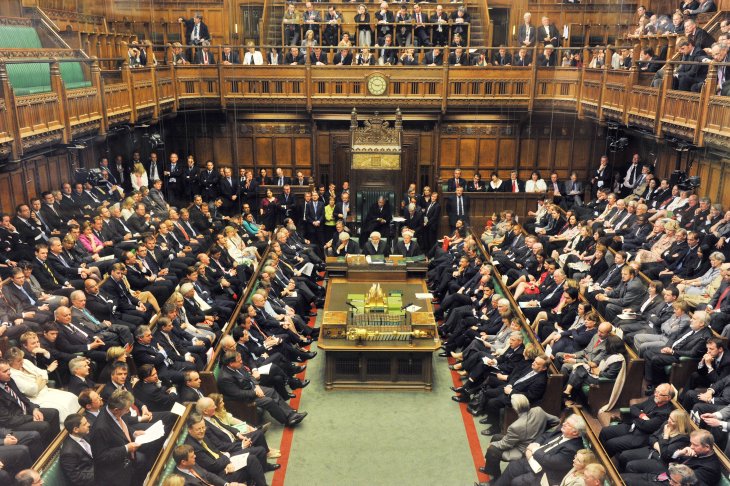
Source: Gitoyo Aryo. This file is licensed under the Creative Commons Attribution-Share Alike 4.0 International. https://commons.wikimedia.org/wiki/File:Indonesian_army_soldiers_camo.jpg
Civil militarism is a widespread phenomenon in Indonesia. Ethnic and religious militia groups now proliferate across the country, and are particularly evident in the predominantly Hindu island of Bali. While the Indonesian government has sought to enact repressive laws governing the existence of militarized ‘societal organizations’ in an effort to exert some formal control, these groups have continued to grow in number, and in Bali have taken on roles traditionally viewed as within the exclusive remit of the state.
In our recently published article in Security Dialogue, we argue that these groups pose a challenge not only to the state itself, but to the way in which dominant accounts of international relations conceive of security and security agency, in particular the distinction between state and non-state actors. While some Balinese militia groups are allegedly linked to criminal networks, and often involved in inter group conflicts, they also claim to play an active role in their communities as security agents– providing physical protection to their communities and safeguarding the values of these communities. In the process, these groups ultimately take on roles traditionally understood as residing exclusively with formal government. By the same token they do not directly challenge the existence or legitimacy of the state but rather make claims to perform and enact security alongside it. In this sense, they are part of a complicated and crowded security sector in the Balinese context, one that challenges abstract accounts of security in international relations associated with the state’s monopoly on the legitimate use of force.

Bali rice fields. Copy Right: Marit Moe-Pryce
Based on six months field research with militia groups in Bali, the article engages with existing debates on the role of non-state actors as security providers before suggesting the utility of viewing the role of militia groups in Bali through the lens of security contestation. Simply, in putting forward an alternative vision of the community in need of protection and the best means of protecting it, militia groups in Bali are engaged in a form of contestation over the exclusive role of the state as security provider, and over the nature of the community itself. Enabled by processes of democratization and decentralization in Indonesia, they are neither agents of state security nor attempting to supplant the state. Rather, they challenge the role of the state as sole security provider, challenge and redefine the contours of political community in Bali, and ultimately serve to point to the limits of traditional accounts of security and security agency in international relations thought.

